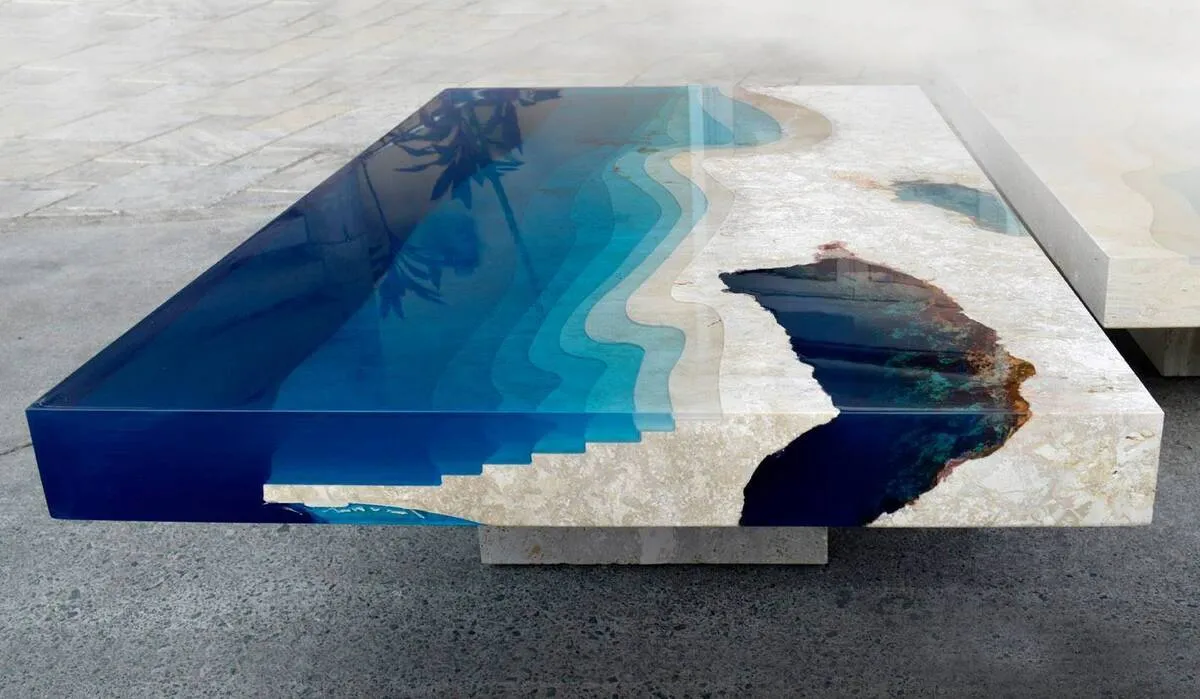Iran-Made UV-Resistant, Anti-Bacterial Urethane Acrylate Resin Contains Nanometric Components

‘Atlas Pooshesh Mohafez’ company has manufactured the nanoparticle-reinforced urethane acrylic resin which shows strong resistance to the UV radiation. It is inexpensive, lightweight, waterproof, and convenient to install.
The incorporation of nanoparticles into the polymer coating has resulted in higher resistance to the UV radiation, superior antibacterial activity and improved resistance to the shock and humidity.
The special acrylate resin can be used in building facades and automobile body.
In a relevant development earlier this year, Iranian researchers produced woven carbon fiber fabrics impregnated with resins for the first time in Iran.
Woven carbon fibre fabrics can be impregnated with polymer resins in order to produce a very stiff and lightweight material.
"For the first time in Iran, we decided to use carbon fiber fabric impregnated with resins by a group of young researchers in our country in order to meet demands in the field of health including various orthoses in the field of rehabilitation. The project could be very useful in industries such as manufacturing drone, aerospace industries, automotive industries and in general in industries where stiff and lightweight material is used,” said Meissam Metaji, a PhD student in ergonomics at Tabriz University of Medical Sciences and the executive director of the project to produce woven carbon fibre fabrics, according to the public relations department of USWR.
The researcher said that after he and his teammates found out that domestic needs for woven carbon fibre fabrics is met by importing foreign materials, they decided to produce it inside the country to meet domestic needs. “Considering the various applications of this product, we took advantage of the advice of the Center for the Development of Medical Equipment and Rehabilitation Science, Rehabilitation and Social Health to investigate, conducted various studies, and performed numerous tests,” Metaji also said.
He said that domestically production of the mentoined product enjoys a number of advantages over the imported ones such as lower price, being more economic friendly by emitting less greenhouse gases, more availability, and less weight.
4155/v





















